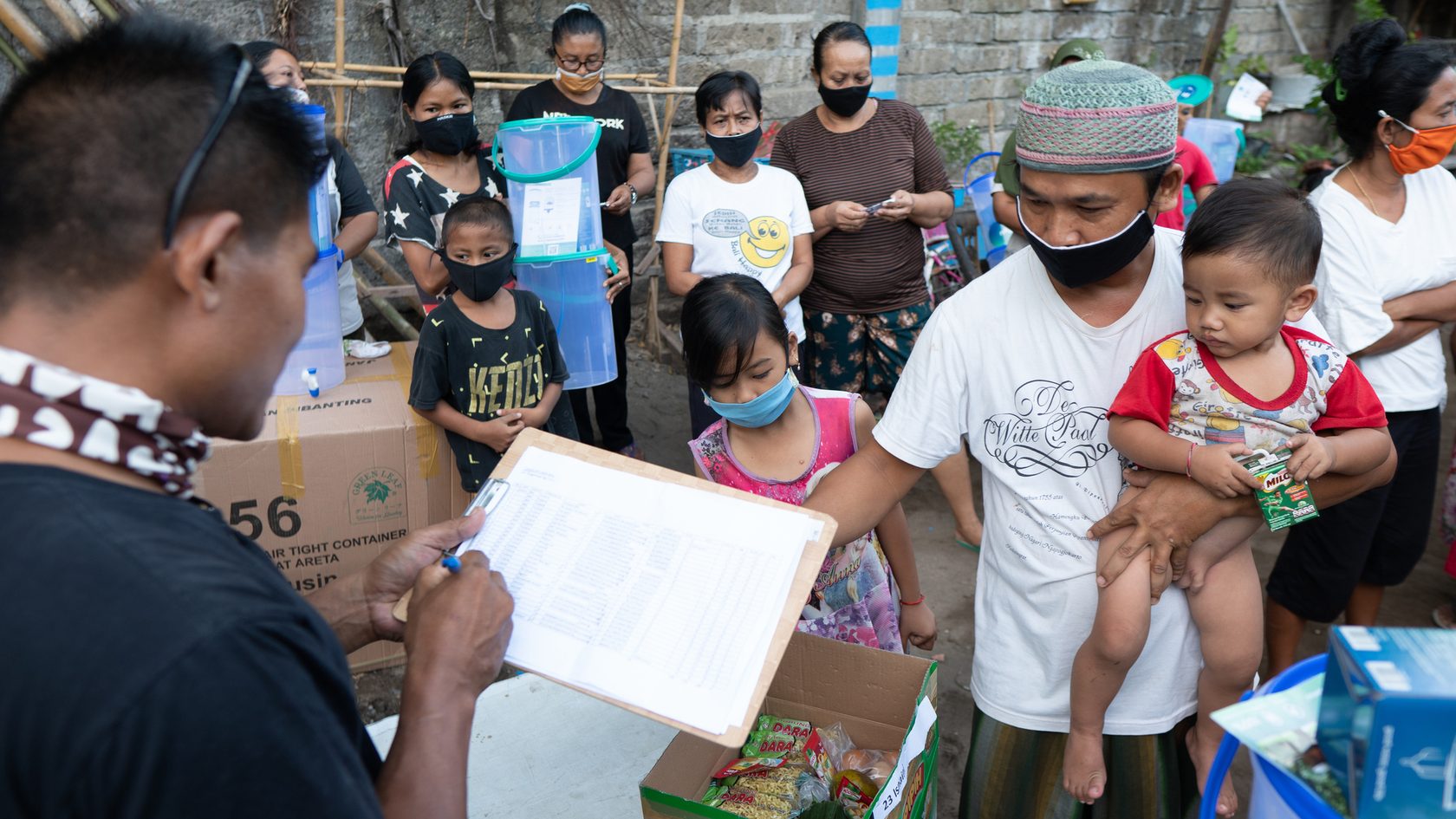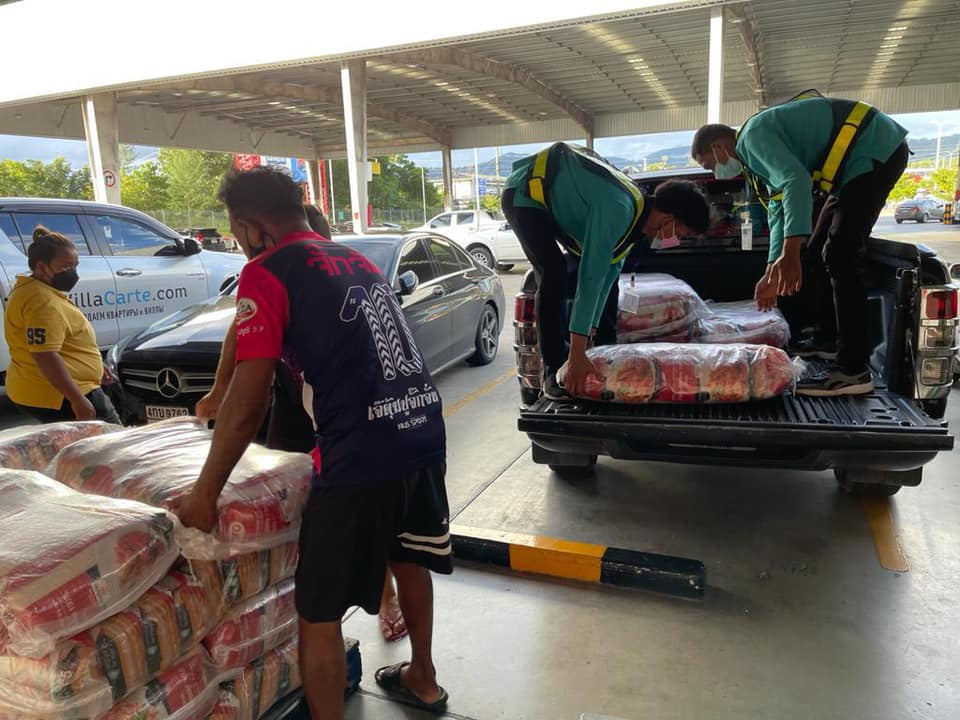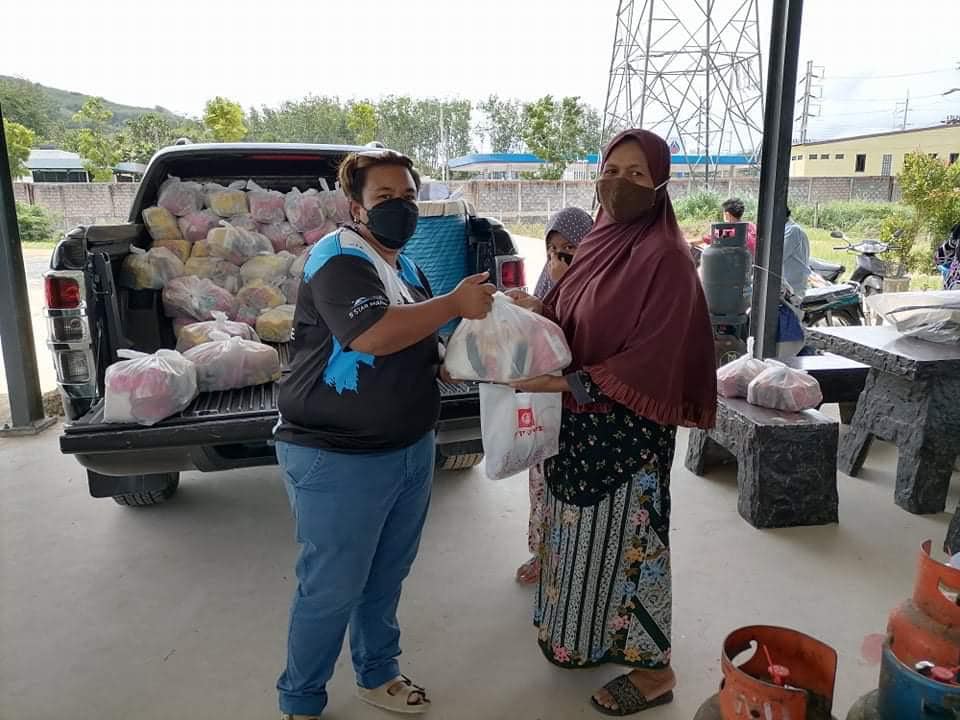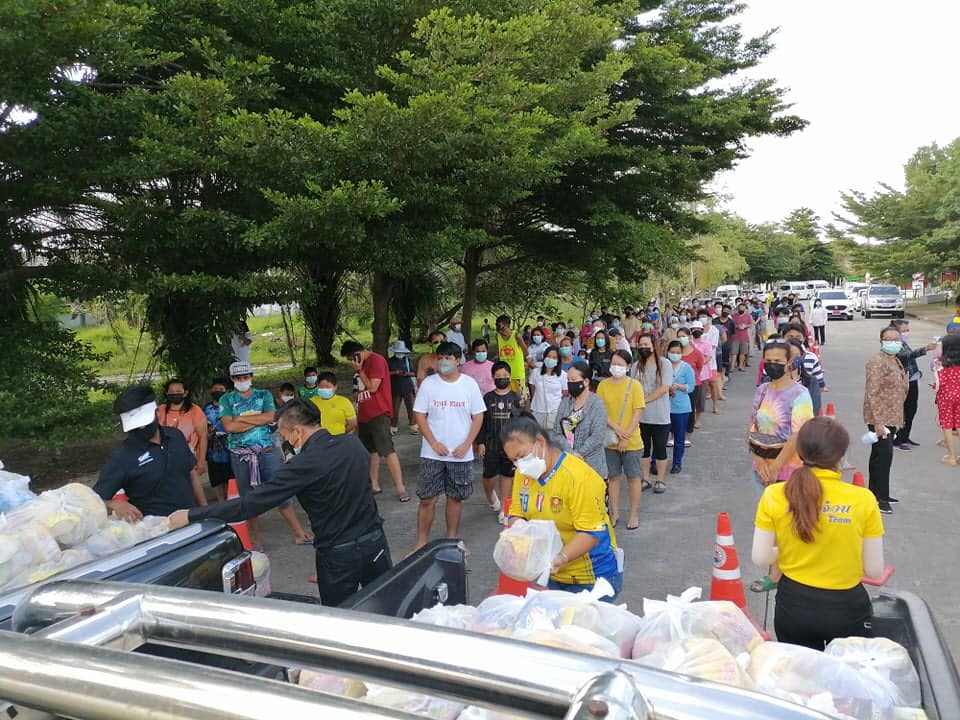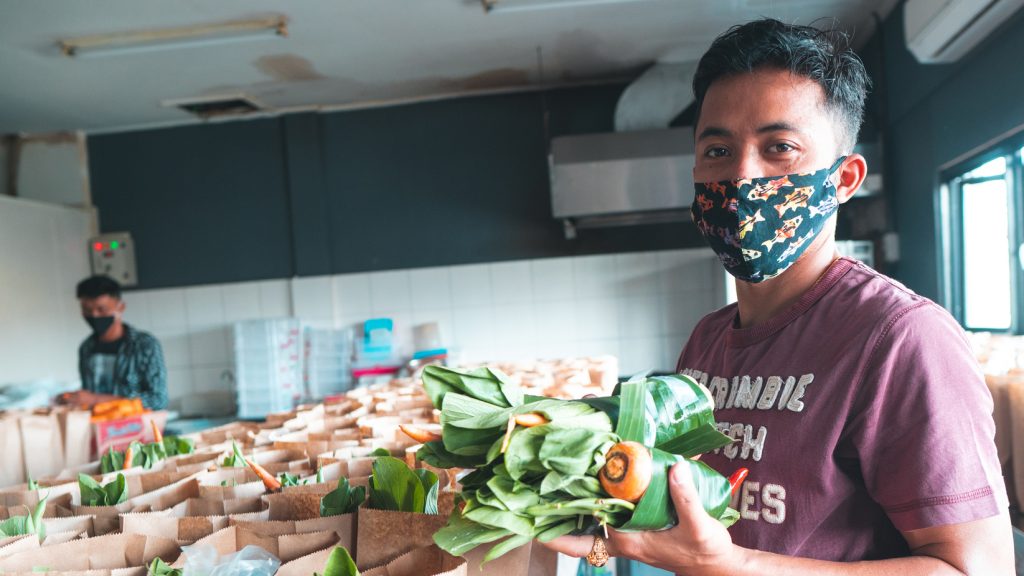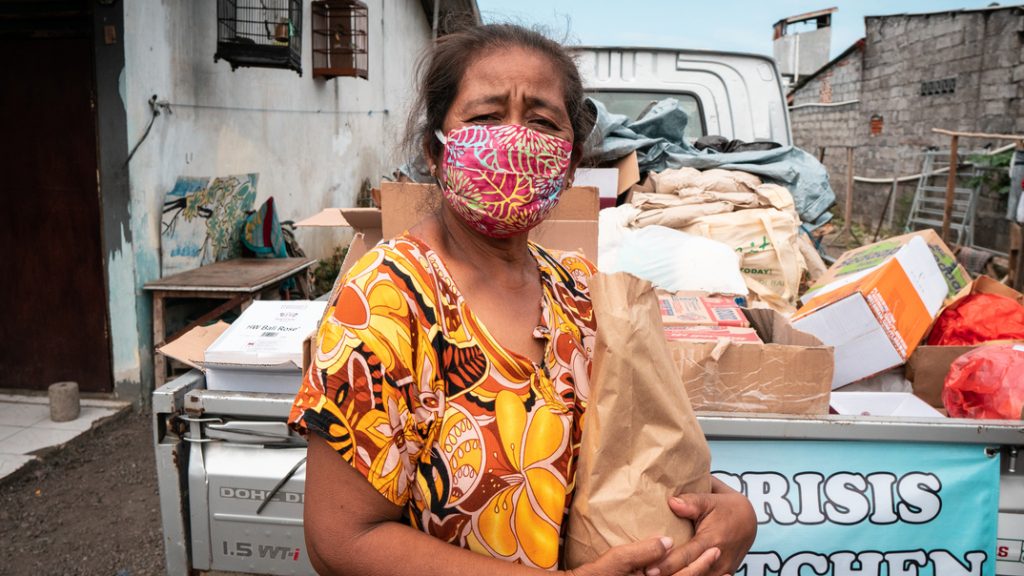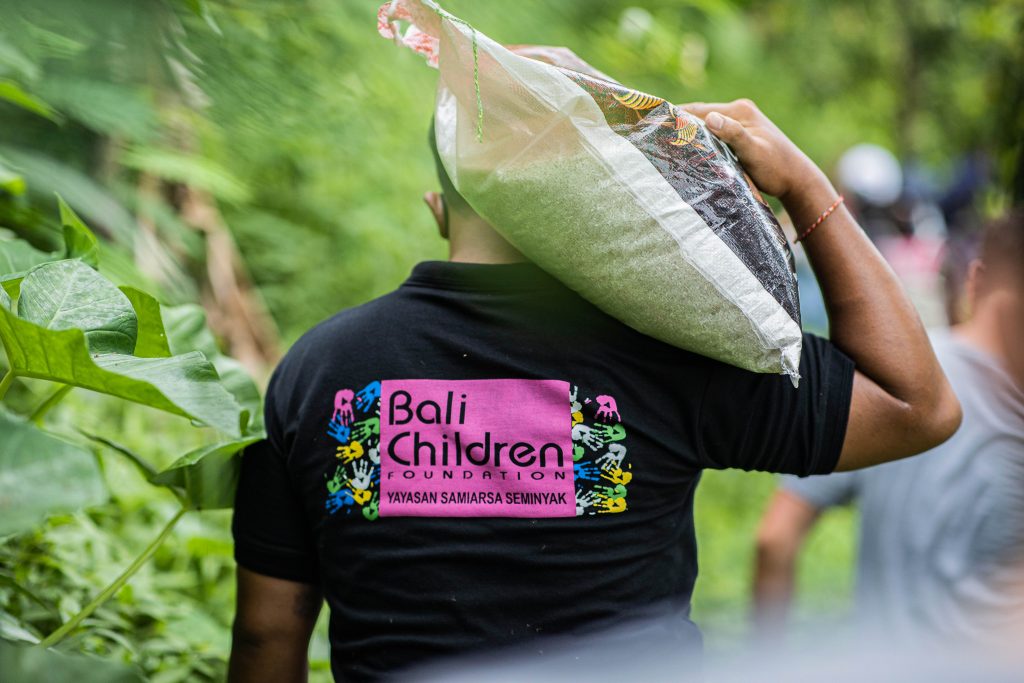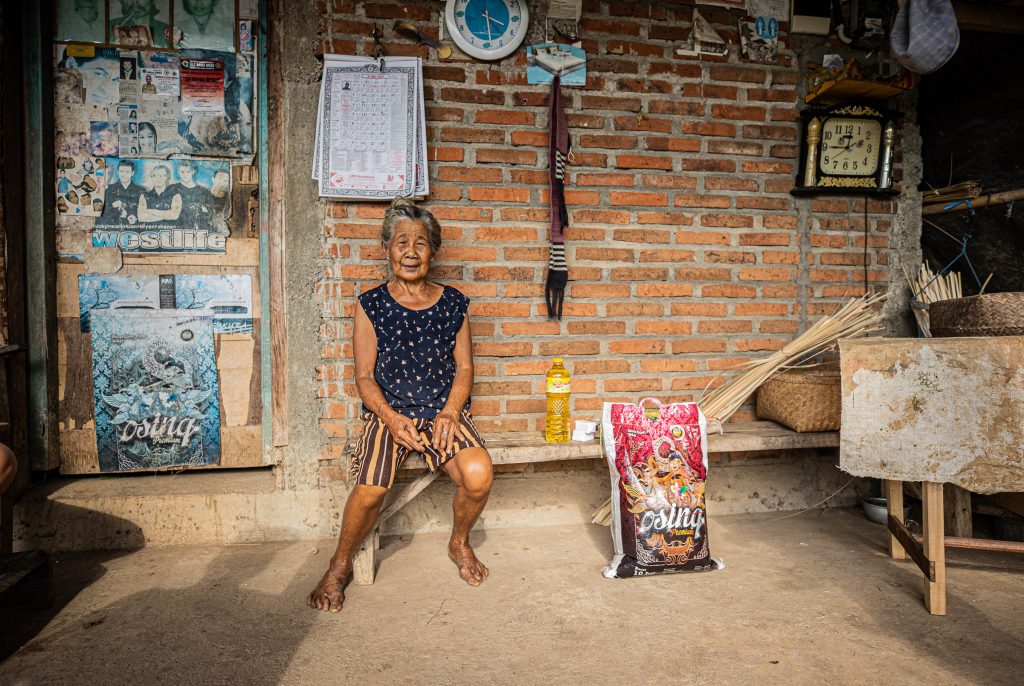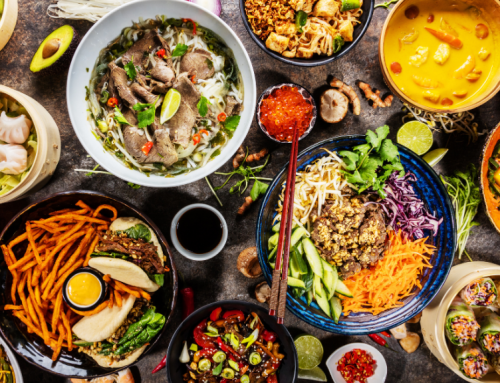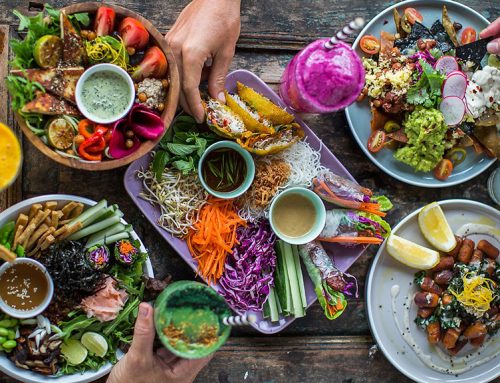When Covid-19 hit the world in February 2020, no one could foresee the enduring and disastrous impact it would have. Our lives changed completely, and everyone felt the hit in some way or the other. But for destinations that thrived solely on tourism, each month of closed borders and lockdowns was another nail in the coffin. And though businesses suffered greatly, the true anguish was in the homes of locals who couldn’t feed their families a square meal a day.
Approximately 90% of Phuket’s economy and employment can be attributed to tourism, most of it international. The story is not too different in Bali, where roughly 60-80% of the island’s GDP directly or indirectly came from tourism in a pre-pandemic world. With no tourism for one and a half years, there are no jobs to go around, and destinations like Phuket, Bali and Koh Samui struggle to survive. In Phuket alone, arrivals are 80% down from last year, which in itself was a pandemic year, and thus barely had any inbound tourism.
In times of great disasters and turmoil, you will find that it is often the community that steps up. Where governments drag their feet, stuck in red-tapism and processes, it is the people who help others stand tall again.
In January 2021, an ingenious group of people in Phuket who had been doing relief work in their own individual ways decided to get together and form One Phuket to amplify their message and bring structure to scattered relief efforts. As of today, 48,000 Phuket residents are registered for food relief which the local government can not provide. In addition, around 11,000 migrant workers need immediate food relief as they have been asked to isolate on-site in migrant worker camps. It is this need that One Phuket was formed to address.
The team found that the distribution of cooked meals was difficult as Phuket’s 120 communities were spread across remote areas. Founding member, Shaun Stenning shares, “Amongst other initiatives, One Phuket started distributing dry food packs called Life Bags which contain rice, noodles, mackerel, cooking oil, and fish sauce so that families can sustain themselves. These packs are distributed by volunteers to those most in need, in an organised and socially responsible manner”.
Over in Indonesia, the island of Bali has its own heroes in invisible capes doing whatever they can to help locals. A charity called Scholars of Sustenance has been distributing meals to families in need during Covid-19 times. They operate four kitchens around Bali and supplied 1.5 million meals to hungry families in the past year.
Doing similar work in Bali, Crisis Kitchen was set up by Kylie Parmley who was a wedding planner on the picturesque island in a pre-pandemic life. What started as an initiative from Churros Tropicana Cafe to cook a few meals, grew very quickly from the realisation that people needed a more sustainable source of food. Through collaborative efforts, the organisation now delivers care packages to each individual within families in need, cooked meals for the hungry, and even plans to educate people on how to grow their own food through Kebun Kita, an urban garden created on a 10-acre plot of land donated by a generous Indonesian businesswoman. “We hope to empower people to create sustained change,” shared Kylie. “We create employment opportunities through our initiatives to help those in need, and have tied up with various organisations to provide support in fields such as mental health, which are often neglected in face of more imminent needs like hunger”.
Crisis Kitchen
Photo credits: @Manuelbergmann @coachingforcause
Bali Children Foundation, which does noteworthy work in the education space, pivoted in March 2020 when Covid-19 reached Bali and recognised food scarcity as an immediate problem. Margaret Barry, Founder of Bali Children Foundation, said, “Since March 2020, Bali Children Foundation has tirelessly endeavoured to provide food relief to remote parts of Bali. Dry food provision food packs of 3.5 million meals have been distributed to around 40,000 people in North Bali, Songan district, Bangli, Nusa Lembongan, Nusa Ceningan and Nusa Penida.”
The efforts don’t stop there. With schools shut, and children living in rural areas having no access to the internet or technology, Bali Children Foundation’s core work, education, has adjusted. Field classes and quiz-style teaching are solutions for children in Bali’s remote areas where online learning is impossible.
Though a step in the right direction, these forms of teaching are a compromise for all students, especially for the younger ones who have never been to a school and run the risk of permanently falling behind and following in the footsteps of their illiterate parents. In response to this problem, Bali Children Foundation has built a remedial curriculum for literacy, writing and numeracy, which they hope to deliver in upgraded libraries in Bali, Lombok and the islands.
Kindness goes a long way, especially in times of great duress like the pandemic. The tourist-reliant islands of Bali, Phuket and Koh Samui have suffered the aftershocks of Covid-19 many times over. But their residents show great resilience, helping each other get by, and looking forward to the islands fully reopening and international tourism returning in full flow to revive their economies. With vaccinations being progressively rolled out, that day is not too far. What will arise from this period of darkness though, are remarkable stories of courage and empathy. And that is what binds us together as a community, regardless of where we live in this truly global village.
For more details, please explore:

